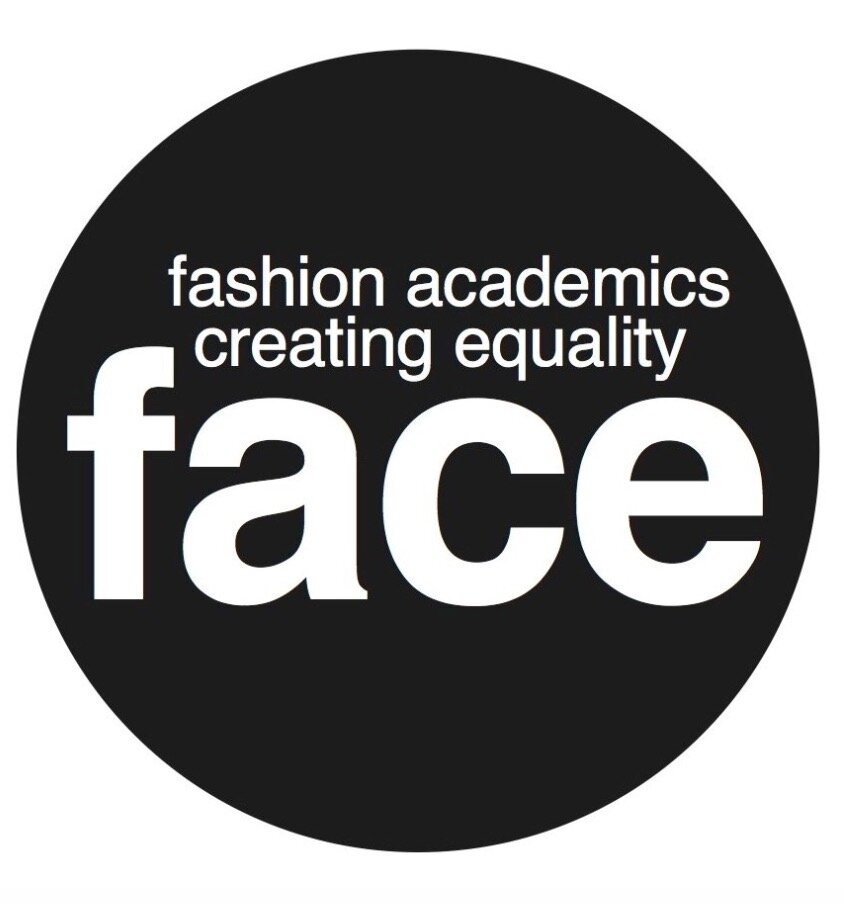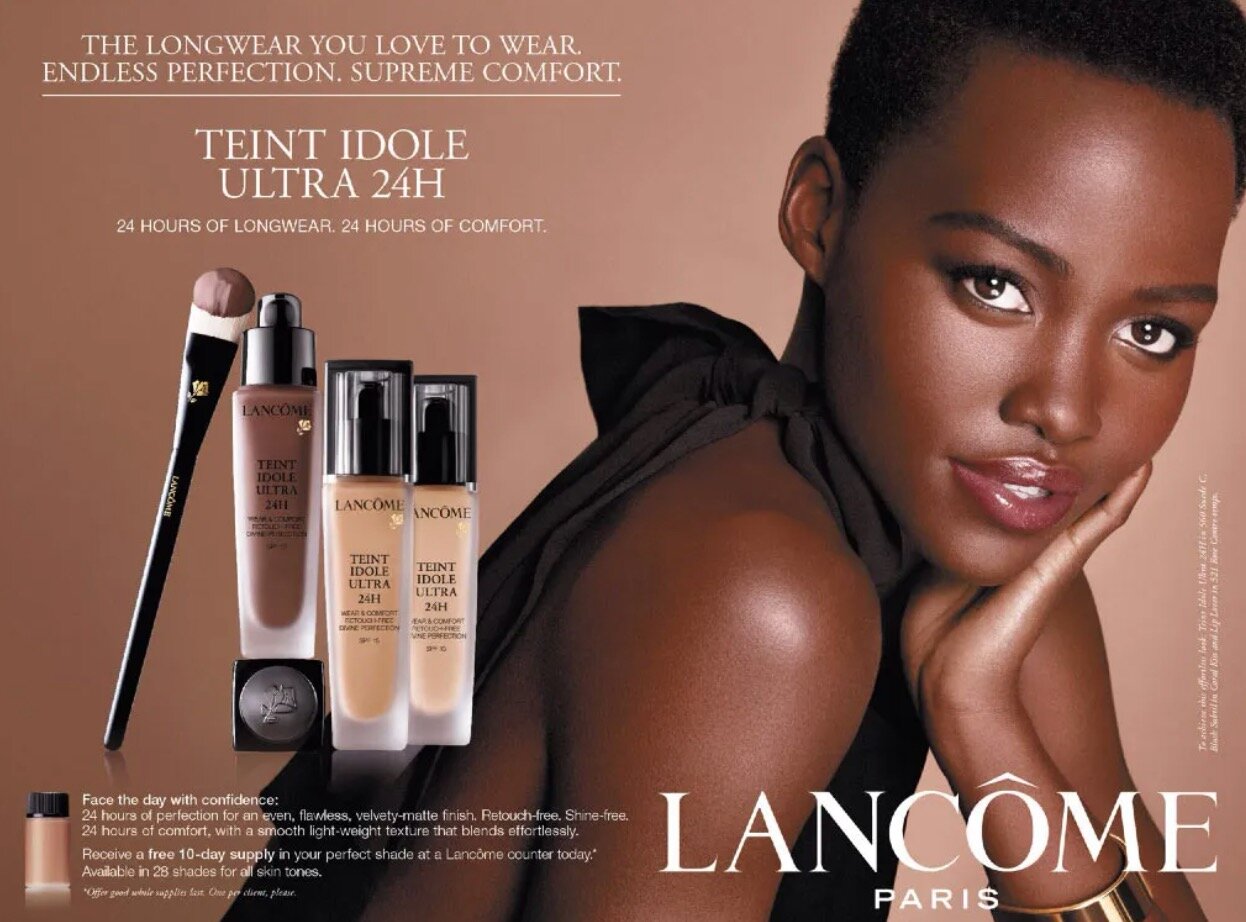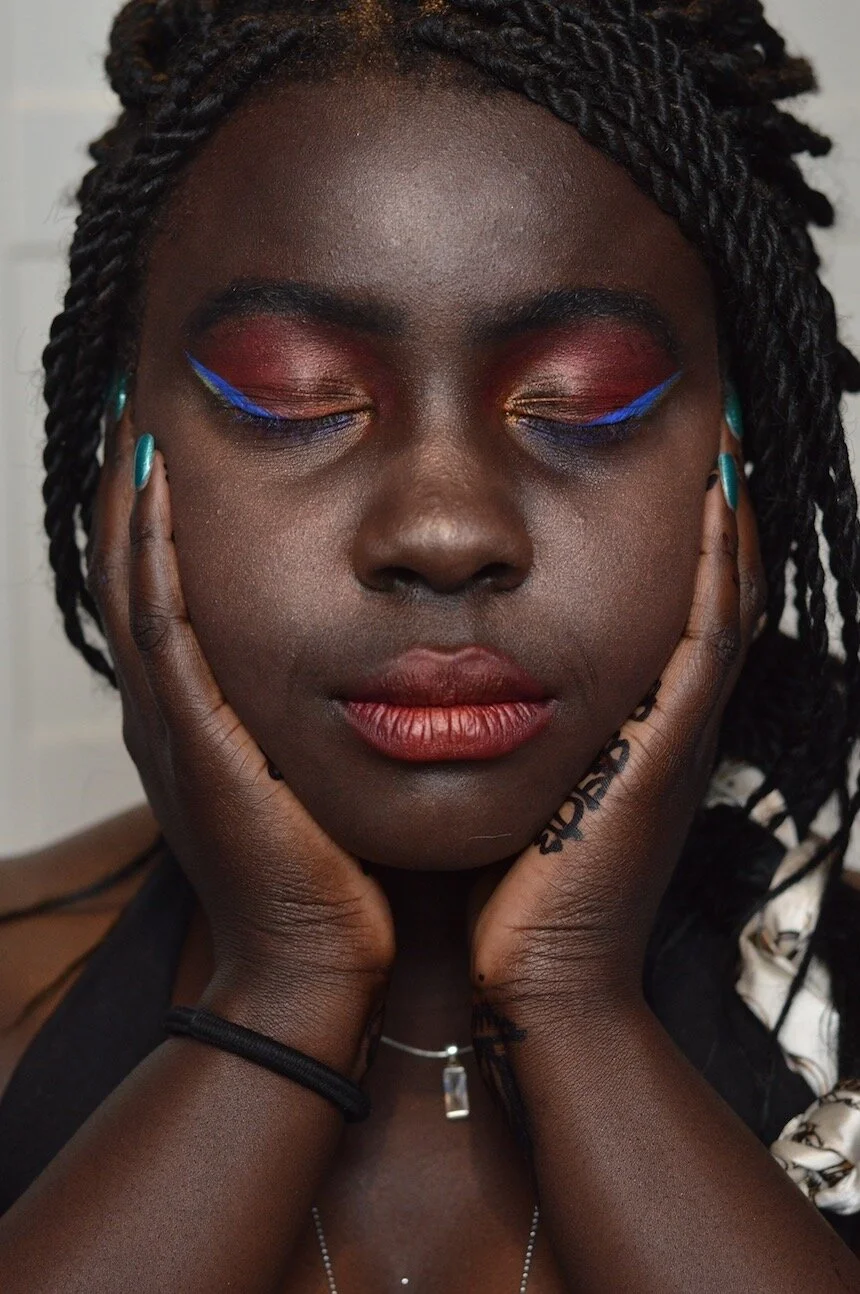Black Beauty Barriers
For our latest community talk, FACE partnered with the British Beauty Council (BBCo). This event, an investigation into Black beauty in a white-centric culture, was hosted by FACE co-founder and BBCo ambassador for diversity in education, Sharon D Lloyd.
The audience of professionals and beauty students discussed a single question...
From your own experience, what changes would you like to see in the hair and beauty industry?
And even though reports calculate Black beauty consumer spending at between five to nine times higher than white outlay, stories of disenfranchised people of colour unfolded.
Historically, product scarcity has always been a painful and frustrating issue. Fashion Fair may have launched in 1973, but not until, Rihanna’s Fenty Beauty took control in 2017, have the majority of Black consumers, found inclusion, belonging and service.
Model Lynda Lucy Ogana
Makeup Luch Artistry @LuchArtistry
Photography Ohis View @Ohisviews
MA Make-up and Hair Design Futures | Southampton
Now darker pigmented users seeking choice amongst foundations along with lighter skinned users experiencing incompatible tonal matches, can get satisfaction while supporting a deserving and inclusive brand.
But promotion of lesser-known companies is a big issue as shelves stacked disproportionately with white brands confirm. Taken together with limited VC investment in start-up for Black beauty companies, further evidence of lack of support, is in clear existence throughout the commercial sector
Evidence of lack of support is in clear existence throughout the commercial sector
But there are many complex issues. Hair, and the traumatic relationship, even alienation some experience for their own natural hair texture is a focus. Black hair, loaded with white demand for conformity, says Emma Dabiri in her deftly written polemic, Don’t Touch My Hair (2019) is perceived as a tool for, ”entry into whiteness and its subsequent ‘rewards.’”
Model Raquel @officalraquelq_
Hair and Make-up Annistasia Chandler @artistrybyannistasia
Photographer Fanny Beckman www.fannybeckman.com @feckman
Designer
Manon Planche @manonplanche
stylist
Stylist @daisylooksatstuff
MA Make-up and Hair Design Futures | Southampton
As a result, many have experienced their authentic and magnificent selves as not good enough. School and workplace rules on hair presentation together with the pervasive and persistent white ideal of sleek straight hair blowing in the wind, iconised by film, beauty and fashion imagery, continues. Lekia Lee, attending the talks initiated Project Embrace for this very reason. Creating large photographic images of natural Black beauty and hair, displayed in random urban settings for all to encounter, she aims to normalise and iconise the spectrum of natural Black hair appearance and texture.
The pervasive and persistent white ideal, iconised by film, beauty and fashion imagery continues
Far more than skin-tone, asserts Dabiri, Black hair becomes the principle bodily signifier of race because of its proximity to whiteness. But this manipulation and control as a racist conditioning can exist within Black communities too. With sadness, some talked about the pressures from within, when a strong maternal stand for Blackness and authentic Black beauty, needed to build a child’s resilience, was not present.
Lupita Nyong’o for Lancome
And how to explain the sense of entitlement many white hairdressers present, in operating without knowledge of Black hair texture and Black beauty? This was a frequent experience amongst member hairdressing professionals. Would a Black session hairdresser enter a shoot knowing nothing about European hair texture? High end advertising images make rare depictions of natural or dark pigmentation Black beauty. White gaze and colourism, underpinned by lack of diverse teams on these shoots means that Lupita Nyong’o’s 2014 campaign for Lancôme, is still the exception.
Would a Black session hairdresser enter a shoot knowing nothing about European hair texture?
Lack of opportunity for training was repeatedly called out by some speakers. Choosing to remain ignorant of Black hairdressing skills and techniques, together with the inability or refusal of white agents and businesses to engage with the Black and Brown pound, amounts to self-sabotage or at least rank stupidity we all agree.
So members are doing it for themselves. Jamelia Donaldson founder of Treasure Tress is confronting retailer disinterest head-on. Her digital service for women with kinky/curlier hair textures presents new products that are carefully matched to their age, hair type and preferences with a beautifully presented box of tailored hair goodies delivered to customers each month.
Model Vanessa Mabelle
Make-up Kate Cobain
Photographer James Greenhalgh
BA Hair and Makeup Design | Southampton
But what of the isolation many revealed when talking about their journey as beauty practitioners? From beauty schools with largely or exclusively white cohort, leading to zero live practice and the relegation of Black beauty students to doll head practice only, to the lack of inspirational Black business or Black focused lectures; means that mental health concerns loom large in everyone’s understanding of what needs to change for Black and Brown creatives in the beauty sector.
The UK could look to initiatives in other markets. Sephora is the first large retailer to take up the 15 percent pledge. This US initiative calls upon retailers to dedicate 15 percent of shelf space to Black-owned businesses and use its merchandising clout to turn shopping into activism. Macy’s is also on board. which, alongside the retailer’s “Workshop” project aimed at educating women-and minority-owned businesses on growth, represents a dedication and cross-category commitment to diversity.
Let the celebration who we each are and can be, take place in a market free from racism and business myopia.
And when brands get it right in understanding true market need, there is traction. Fenty’s brand positioning generated $100 million in its first 40 days, whilst effortlessly flying the flag for diverse beauty representation. What’s not to like? Let the celebration who we each are and can be, take place in a market free from racism and business myopia. Barriers must come down.
The BBCo will continue these meetings as part of their Town Hall series. If you would like to find out more about how you can join the conversation and attend the next British Beauty Council's Beauty Town Hall meeting, please contact diana@britishbeautycouncil.com
Below are the member observations for immediate change.
Education to expose bias and racism
Afro visibility
Starting at home
White business support to grow Black brands
Empowering everyone to speak out. Using any opportunity to step up and not accept the historical paradigm.
Further Reading:
Text Caryn Franklin. Images created by Solent Graduates and individually credited.




